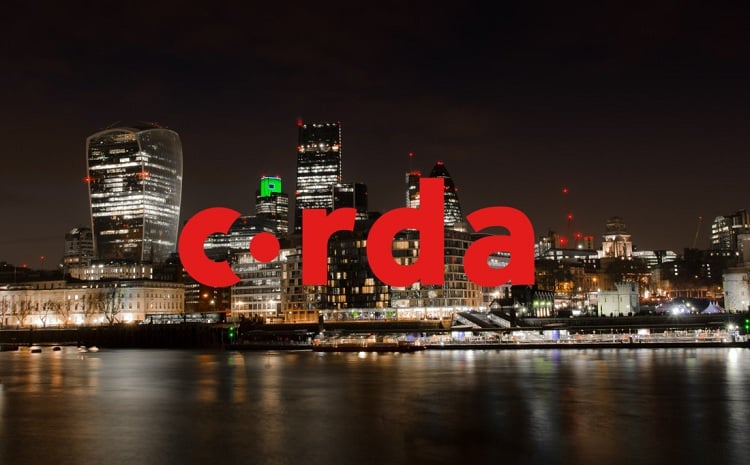Corda is an open-source distributed ledger technology or platform. It has garnered attention from the financial world after its creation. It can handle complex transactions better and secure the transaction data better. Due to these features, it has also got attention for the insurance and healthcare industry. Corda is inspired by blockchain, but it is not like blockchain. In fact, the majority of the people think that Corda has more benefits than blockchain and it is going to replace blockchain in the near future. The main aim of Corda is to create a common platform such that any service built on it can be compatible with network participants. Corda is likely to contribute in a major way to Hyperledger Project led by Linux Foundation to replace or advance blockchain technology having common standards.
What Is Corda Actually?
When you describe Corda as a distributed ledger technology, people will say that it is just another blockchain technology like Ethereum or Bitcoin. But Corda is more like Hyperledger Fabric or Quorum for that matter. Corda eliminates the issue for the parties to check books after interacting with each other. It keeps a shared ledger of the transaction, and therefore, the involved parties will know about their transaction while the rest of the parties on the network need for known about each and every transaction.
Corda is actually solving the issues that are there in blockchain technology such as data consistency. Corda ensures that the businesses need to put the least time and effort to keep data from all the parties consistent. For example, when money is transferred from one account to another in between two banks, there are lots of checks and validation to be done to ensure the money is debited, transferred, and credited rather than just vanishing in the system. Some of these checks are done manually which consume a lot of time and effort. This is achieved due to the fact that all the nodes in Corda are in the same state. In other words, a transaction goes through only when the involved parties have accepted the inputs and outputs of the proposed transaction. If any party disagrees, the transaction will not happen at all, and there is no more for manual checking at all.
Making Transactions Private –
One of the major differences between blockchain and distributed ledger technology is that blockchain has made the transactions public. This has given rise to the trustless feature which means that you do not need to trust the other party personally to make the transaction take place. This is achieved due to the concept of the block which is immutable. Therefore, even though all transactions are public and they are in their blocks, these blocks are not modifiable under any circumstances. However, there are impacts on the performance and scalability due to this trustless feature. As the number of users is increasing every day, the performance goes down. This is where the distributed ledger technology comes as a hope.
Corda is not trustless because the transactions are made private. A party’s identity must be known completely before adding to the existing network. The parties also have to trust the issuers of the assets, and that is where the trust factor comes into play. However, the involved parties in a transaction need not trust each other. There is network certificate authority to provide a backup guarantee. The performance gets a big boost as there is no need for consensus across all parties in the network. Only the parties involved in the transaction need to have it. The initial trust factor is provided by the network certificate authority.
Therefore, it is clear that Corda is not decentralized as blockchain like Bitcoin even though it allows transaction without a central point. This concept of Corda is in line with Hyperledger Fabric and therefore, it has major scope in the future to take over all the different industries.
The Widespread of Corda –
The distributed ledger technology is supported by multiple national banks of different nations as well as international banks and financial institutes. Bank of America, BNP Paribas, HSBC, City, Morgan Stanley, Deutsche Bank ate notable names. There are new big names are joining the fray and making Corda more popular and widespread. The Corda platform was trialed in all these financial institutes successfully. However, towards the end of 2016 and 2017, there are a few big names which previously supported Corda withdrew their names. But in the middle of 2017, R3 which is the parent company behind Corda raised over $107 million funding for the development of the technology.
Towards the end of 2017, Amazon Web Services announced their partnership with R3 and Corda platform will be on AWS. In March 2018, a financial technology application was built on Corda. Therefore, it is safe to say that Corda and more specifically, distributed ledger technology is the future of transactions.

